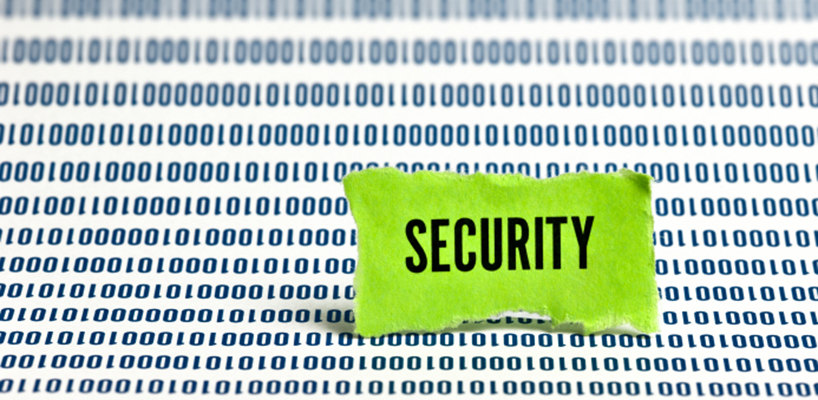According to the Javelin Strategy & Research’s “2012 Identity Theft Report,” there was a new case of identity theft every three seconds in the United States in 2012. More than 12 million victims had more than $21 billion stolen over the year.
One service member in Alabama learned all too well the hardships that can come with having your identity stolen. A Major in the Alabama National Guard making six figures in his contracting job with General Dynamics, the guardsman depended on his security clearance for his livelihood.
After his identity was stolen from a hospital database and sold to a tax fraud ring, he lost his security clearance leaving him thousands of dollars in debt. Without his clearance, the Major lost his high-paying contracting job, and his position in the National Guard.
Now an employee at a fast food restaurant, the former Major is working with authorities to fix his credit issues and get back on the right track.
With the high threat of identity theft, it is important for all Americans, especially those with a clearance, to be aware of the signs of trouble. According to the Federal Trade Commission there are three things that can easily be done to ensure your identity is protected from intruders.
1. Keep your personal information safe online.
Ensuring that you know who you’re interacting with online, and always being alert to possible impersonators phishing for information is extremely essential. It is also imperative to keep your passwords private. This probably means that you’ll need to shred that “password list” you have taped to the bottom of your keyboard.
2. Secure your information offline.
It is necessary to shred documents that contain your personal information. This includes mail delivered to your house, receipts, bank statements and empty prescription bottles. It is also a good idea to limit what you carry on your person. Hopefully no one carries his/her social security card, birth certificate or checkbook on a regular basis.
3. Ensure your electronic devices are protected.
Obvious procedures would be to password-protect all of your devices including laptops and handheld devices, and to use security software when available. Not so obvious security procedures would be to avoid logging onto unknown wi-fi connections. Although it is tempting to piggyback on an open connection or try out the somewhat-sketchy “free airport internet,” it is wise to think twice and click once. An open connection could be a way for others to access your computer without you knowing.
For more information on how to keep your information safe, and protect your security clearance, check out the Federal Trade Commission’s web site.




